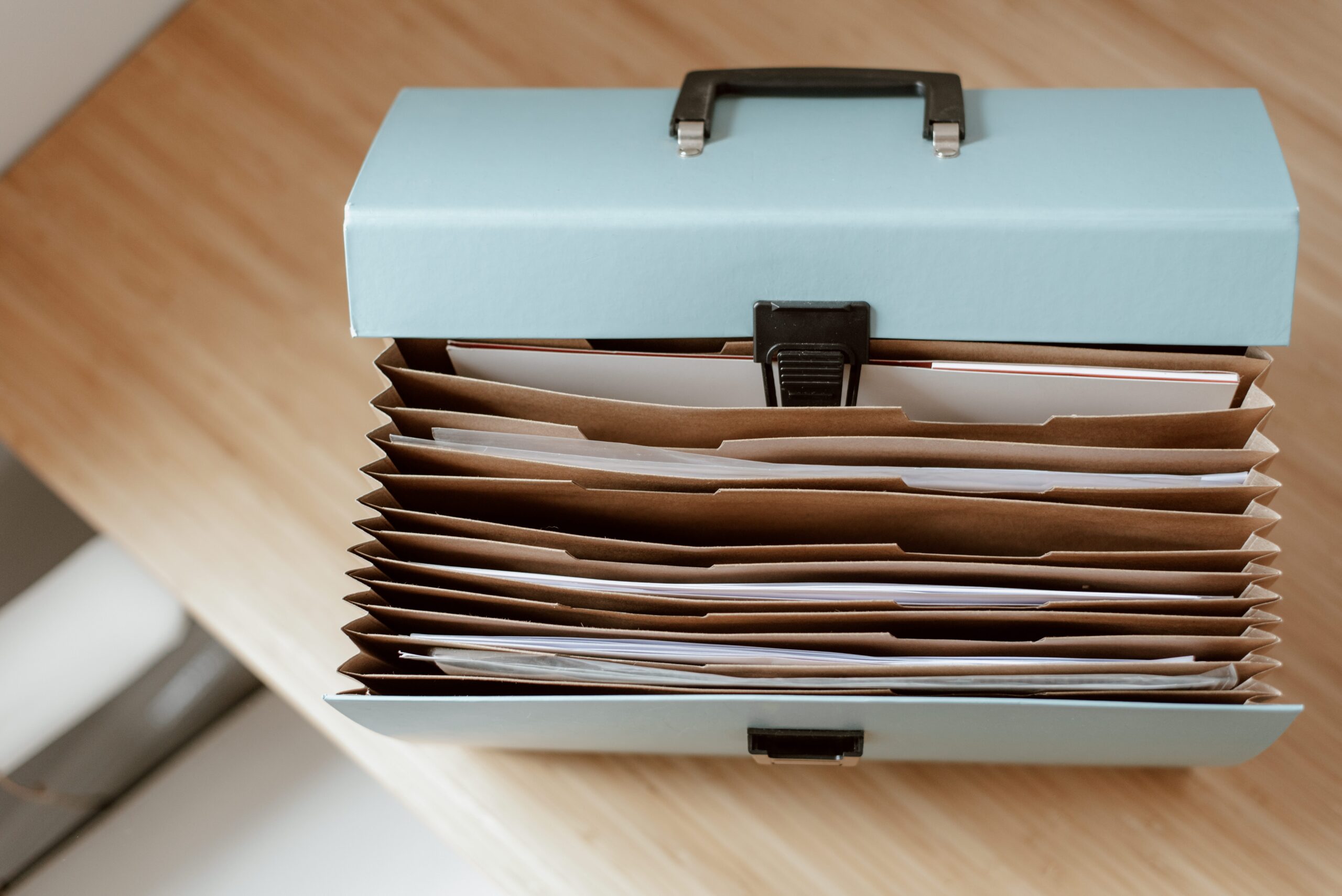However, to realize the potential of these policies, the data must not only be disclosed, but put to work to drive energy savings. Under a three-year pilot, Washington, D.C., New York City, and their partners are pioneering the use of data from building performance reporting in energy efficiency programs.
The Putting Data to Work project was developed on the assumptions that the publication of building performance data on government websites does little to drive transformative change in the energy efficiency market on its own, and that the value of the building performance information being collected by many cities nationwide is not yet being fully realized.
A Toolkit for Cities and Energy Efficiency Implementers
Similarities in the nature of the information being collected across cities means that those jurisdictions with newer benchmarking and building performance transparency policies can adopt best practices developed through DC and NYC’s many years of experience working with their policy data. This hands-on experience collected in the District and New York City provides a guide for identifying efficiency opportunities using City-collected data.
This toolkit and associated resources aim to enable other local governments, utilities, and program implementers to learn from the District and New York City’s experiences and replicate their success, to maximize energy and greenhouse gas (GHG) savings from their built environments.
For jurisdictions with building performance policies such as benchmarking and audit requirements, the hands-on experience collected in the District and New York City provides a guide for identifying efficiency opportunities using City-collected data.
For utilities and program implementers, these resources bring to light ways in which publicly available policy data can assist in better customer targeting, ideally leading to higher participation rates at lower customer acquisition costs.
Resources for City Government Sustainability Leaders
Putting Data to Work: How are Cities Using Building Energy Data to Drive Efficiency
Cities with building performance policies can use this report to understand how other jurisdictions are using the data collected through these ordinances. This includes strategies for improving data quality, communicating the data to motivate action, using the data to directly drive efficiency retrofits, and using the data in city climate and energy planning.
Putting Data to Work: Using Data from Action-Oriented Energy Efficiency Programs and Policies
Cities with building performance policies can use this report to understand how other jurisdictions are using the data collected through these ordinances. This includes strategies for improving data quality, communicating the data to motivate action, using the data to directly drive efficiency retrofits, and using the data in city climate and energy planning.
Impact Assessment: A Guide for City Governments to Estimate the Savings from Energy Benchmarking and Energy Efficiency Programs
This paper describes how cities are actively using benchmarking data to evaluate the impact of their energy efficiency policies and programs, and includes best practices for other cities to conduct similar analyses.
This guide provides an overview of the powerful ways in which monthly building consumption data can yield new insights, and how these insights can help cities to design more effective targeted programs.
Deploying Building Performance Data in Climate Strategy: Clean Energy DC
This case study examines how the Clean Energy DC Plan can serve as a model for city policymakers stakeholder engagement and active use of benchmarking data in climate planning.
Successful Partnerships to Accelerate Efficiency: NYC Retrofit Accelerator
This case study looks at how city and utility energy efficiency program implementers can use building performance information proactively to identify energy efficiency upgrade opportunities and accelerate investments by building owners in their jurisdiction. It also explores a successful example of partnership between local government and utilities.
Resources for Energy Efficiency Program Implementers
Emerging Uses for Building Energy Data for Utilities
This report summarizes existing and emerging ways that building performance data can be used by utilities and cities to improve customer service, programs, operations, resilience, and other priorities.
Efficiency and Beyond: Guidance for Efficiency Program Administrators to Aid Building Owners
This resource list helps efficiency program staff to coach and compel building owners to pursue greater energy efficiency in their properties beyond complying with a building energy use benchmarking policy.
Outreach Strategies for Cities and Efficiency Administrators
This four-part tool provides energy efficiency program implementers with a script and step-by-step guidance for contacting and engaging customers to undertake energy efficiency projects.
Implementation Guide for Energy Efficiency Program Administrators: Using Building-Level Data to Improve Energy Efficiency
Utility energy efficiency program implementers can use this brief guide to kickstart programs that use building performance data to generate leads and increase program participation.
Increasing Customer Engagement With Data: District of Columbia Sustainable Energy Utility
This case study examines how an implementer of electric and gas utility programs can use energy benchmarking data to better engage customers and increase participation in its incentives and efficiency programs, as well as track the results of this participation over time.
Making the Financial Case for Energy Efficiency Upgrades: NYCEEC efficienSEE™ tool
This case study examines how jurisdictions that have collected whole-building energy benchmarking data may leverage the modeling and development of New York City Energy Efficiency Corporation’s (NYCEEC) efficiencSEE tool to provide their stakeholders with tools to make the financial case for energy efficiency upgrades.
NYCEEC as Market Mover: Motivating and Financing Building Upgrades
NYCEEC has financed efficiency retrofits in multifamily, commercial, and industrial buildings. Efficiency program implementers can use these real-world examples of projects—specifically the financial information and projected energy savings—to motivate others to retrofit their buildings.
Additional Resources
- Putting Data to Work: Using Building Energy Performance Data to Expand the Market for Energy Efficiency in Buildings (2016)
- Piloting the Use of Energy Policy Data to Drive Market Action (2018)
- “It is amazing what you can accomplish if you do not care who gets the credit”: Creating Alignment between Cities and Utility Energy Efficiency Programs (2018)
There are no formal presentations are scheduled at this time. Schedule a meeting with us or learn more by contacting imtweb@imt.org.
You can also follow Putting Data to Work Project Partners Online:
- It’s Time to Put Data to Work
- How Cities Can Use Building Energy Data to Drive Efficiency
- What Data from Building Energy Performance Policies Offer Utilities
- How to Increase Customer Outreach and Engagement with Benchmarking Data
- Taking Data to the Next Level: Assessing the Impacts of City Benchmarking Policies
- Using Data to Drive Energy Affordability for Low- and Moderate-Income Customers
Assessing the Impacts of Benchmarking and Transparency Policies in Cities.
How Cities’ Building Performance Policies Create Energy Efficiency Data Utilities Can Use.


